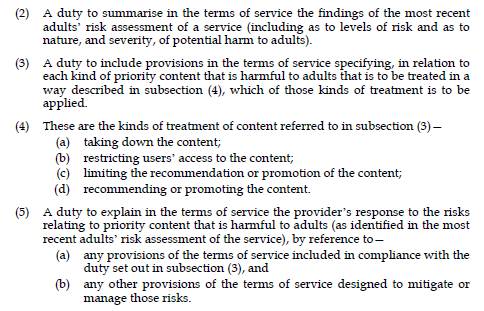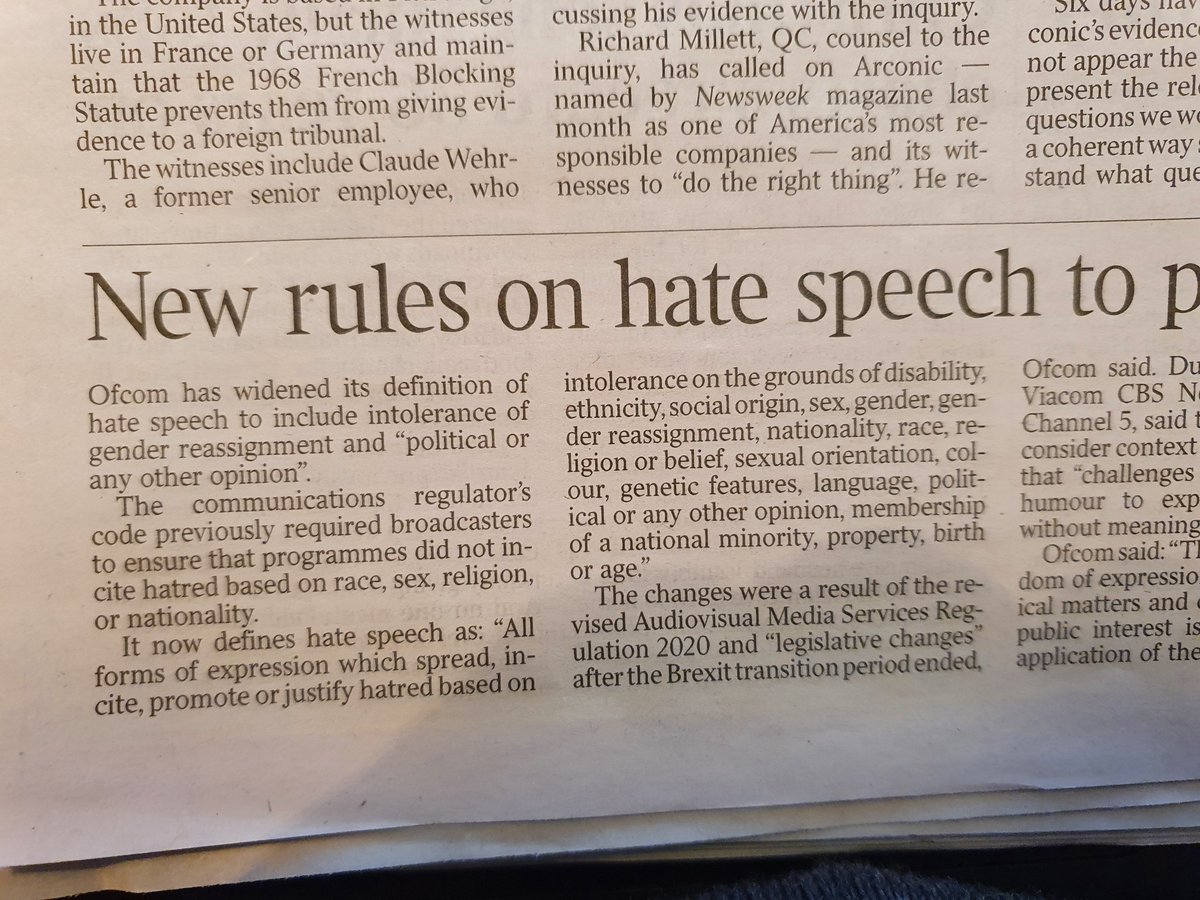
Agog to see what tech they think can distinguish between news publisher content and the rest. An Ofcom-approved tag list?
https://twitter.com/OwenMeredithNMA/status/1503687041044951040
Presumably they have an answer, since this issue has been lurking ever since the impossible-to-fulfil promise made by the then Culture Secretary at the launch of the White Paper in April 2019: 1/2
"where these services are already well regulated, as IPSO and IMPRESS do regarding their members' moderated comment sections, we will not duplicate those efforts. Journalistic or editorial content will not be affected by the regulatory framework." 2/2
And specifically on the tech issue, since at least June last year. cyberleagle.com/2021/06/carved… 



Then again, perhaps they don't: "I have every intention of further improving the requirements for platforms not to remove content from recognised media outlets *during the passage of the bill*."
Guess they haven't quite worked out how to do it yet.
Guess they haven't quite worked out how to do it yet.
• • •
Missing some Tweet in this thread? You can try to
force a refresh







